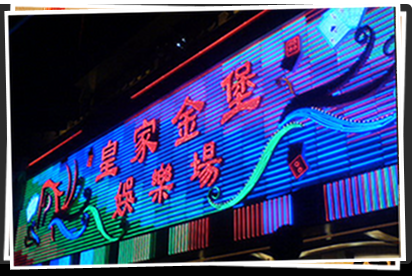Jim Murren, CEO and chairman of MGM Resorts (previously MGM Mirage) told Bloomberg the company plans to build “multiple properties” in Macau and is starting to “assert ourselves” through its joint venture with Pansy Ho. This came just a short while after Murren released second-quarter results that showed MGM the only property in Macau to register a sequential quarterly decline in ebitda for the three months to June. At US$61m, the result was down from US$71m in the first quarter of this year.
Now, admittedly, we should not be quick to judge that quarterly result on anything more than win-hold luck: MGM had held very well in the first quarter, and a pull-back was almost inevitable in the second quarter. For a property with such low market share of rolling-chip volumes, luck plays a more important factor than it does for the bigger players. Nevertheless, we have to wonder why MGM saw its rolling-chip volumes slightly decline over the three-month period when the rest of the market – its next-door neighbor most obviously in May – saw volumes rocket. Wynn did another HK$10bn in roll over the same period; StarWorld saw a whopping HK$26bn increase. Granted, mass-floor revenues recorded a nice rise and slots were not bad, either. But MGM has clearly been left behind in the VIP segment of the market, which accounts for two-thirds of gross gaming revenues and has been the driver of Macau’s eye-popping growth over the past 12 months. How much longer can management – i.e. Pansy Ho – tolerate this?
If Murren’s comments are to be taken at face value, the answer is no longer. We understand from our own sources that MGM is indeed starting to assert itself, though probably not in the way Murren intends to be understood. Aggressive new terms have been negotiated with junket consolidators and the company has just raised US$950m for refinancing of existing debt and “added liquidity”. New hires have been brought in to look at what’s going wrong with marketing initiatives – and, lo and behold, some of these are people who can actually speak Chinese. The idea is, obviously, to get volumes up, revenues up, ebitda margins up, and then roll out an IPO on the Hong Kong stock exchange. We look forward to seeing all that happen – especially the IPO part, because we cannot see why there should not be an accompanying adjustment in the equity ratio between the partners at that stage. Stay tuned.
Used with permission and copyright IntelMacau





















